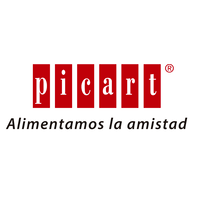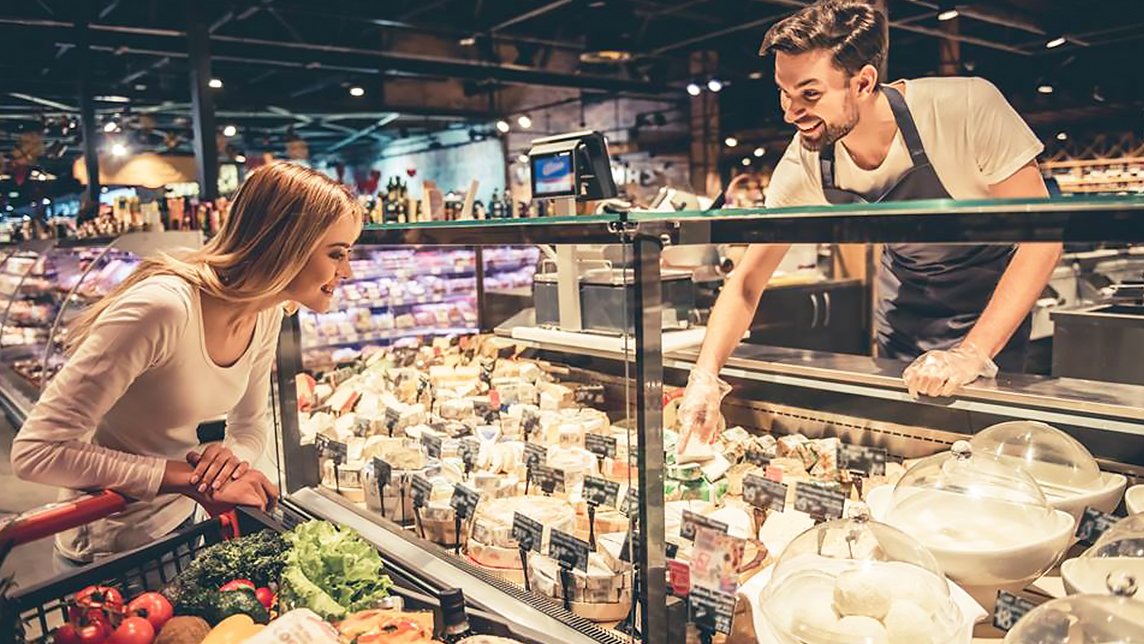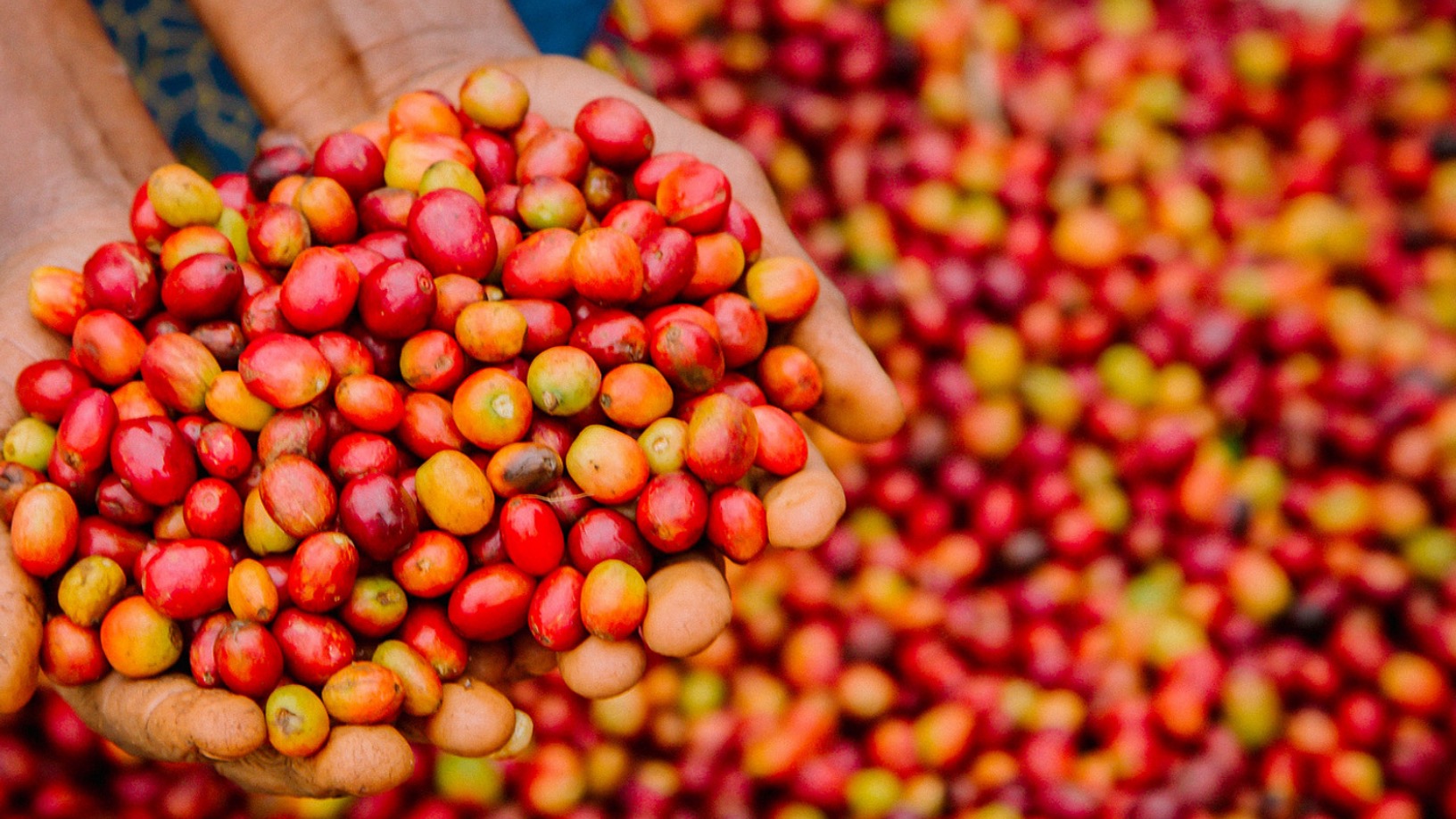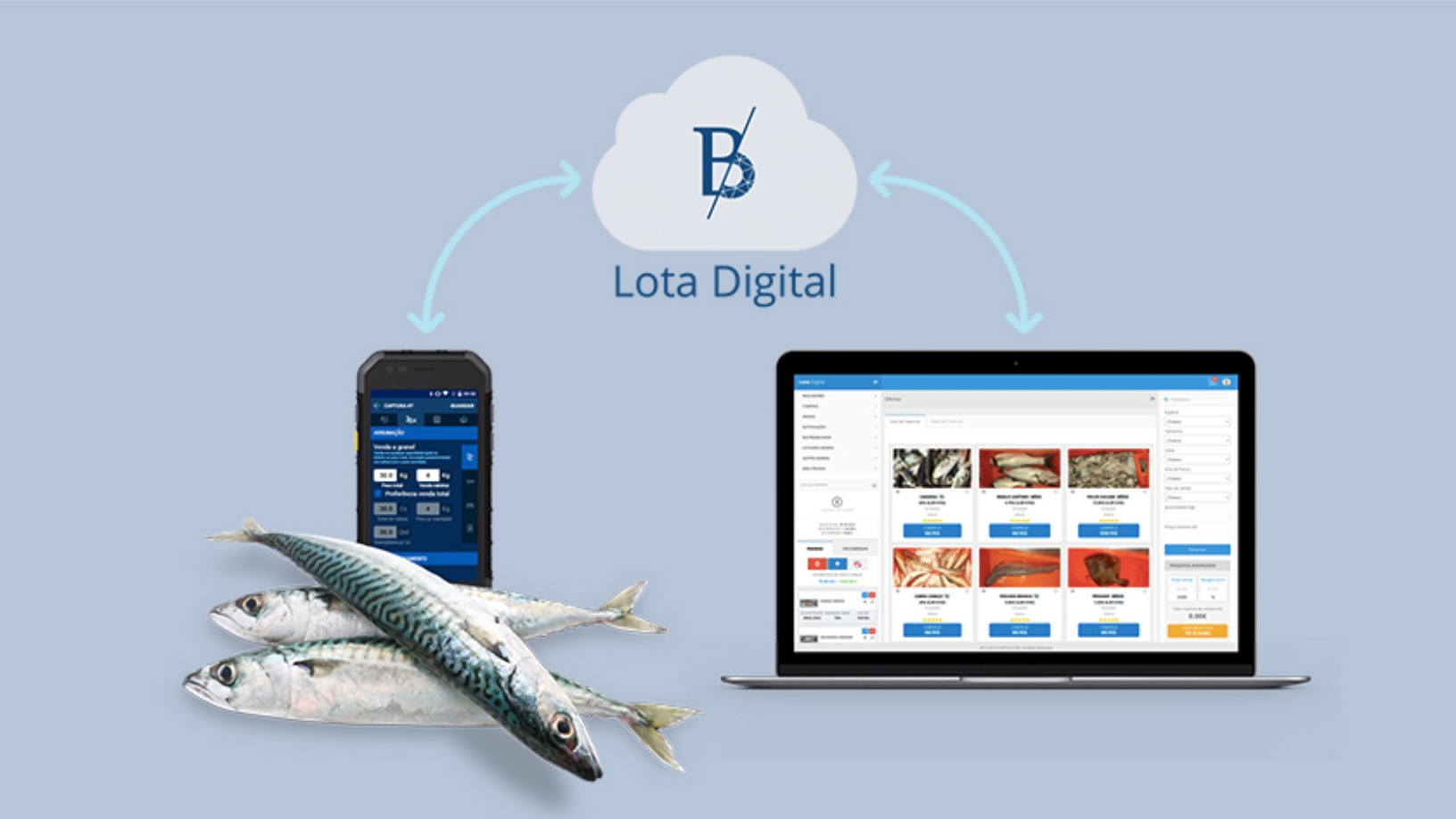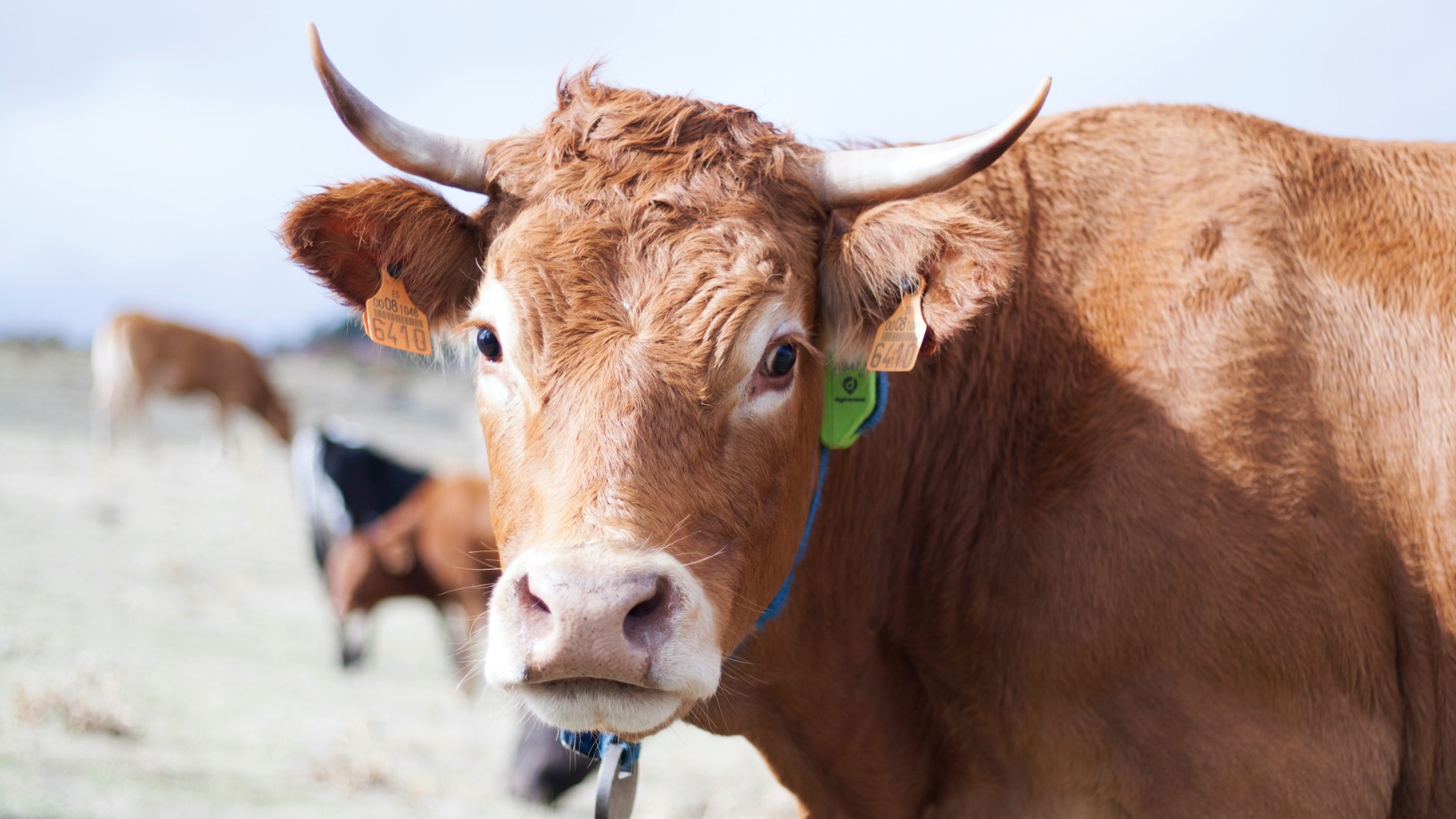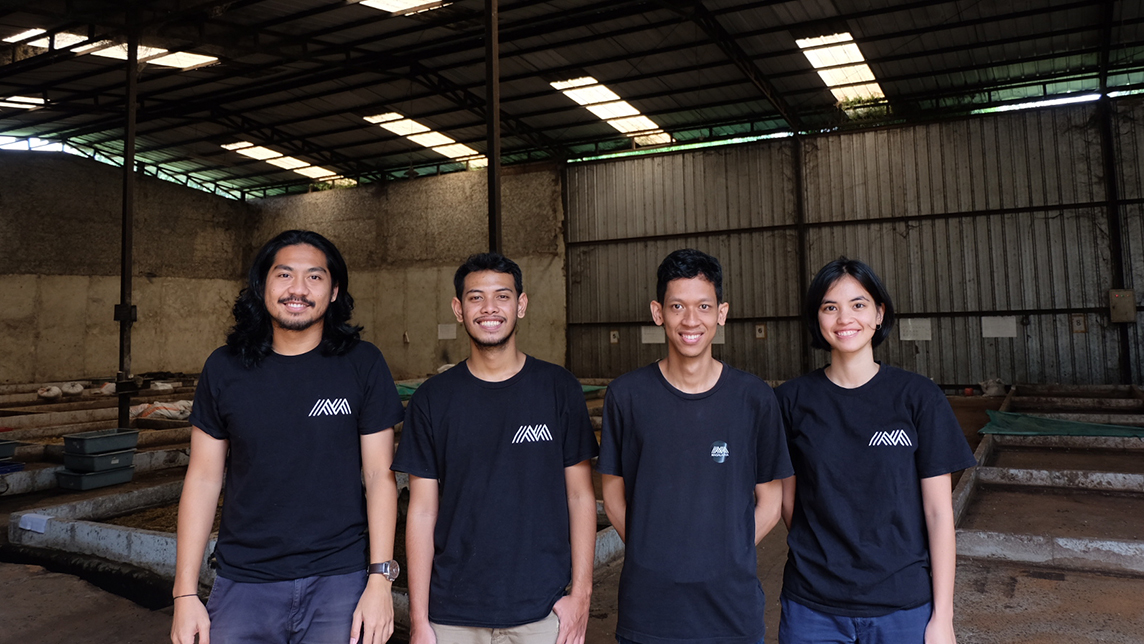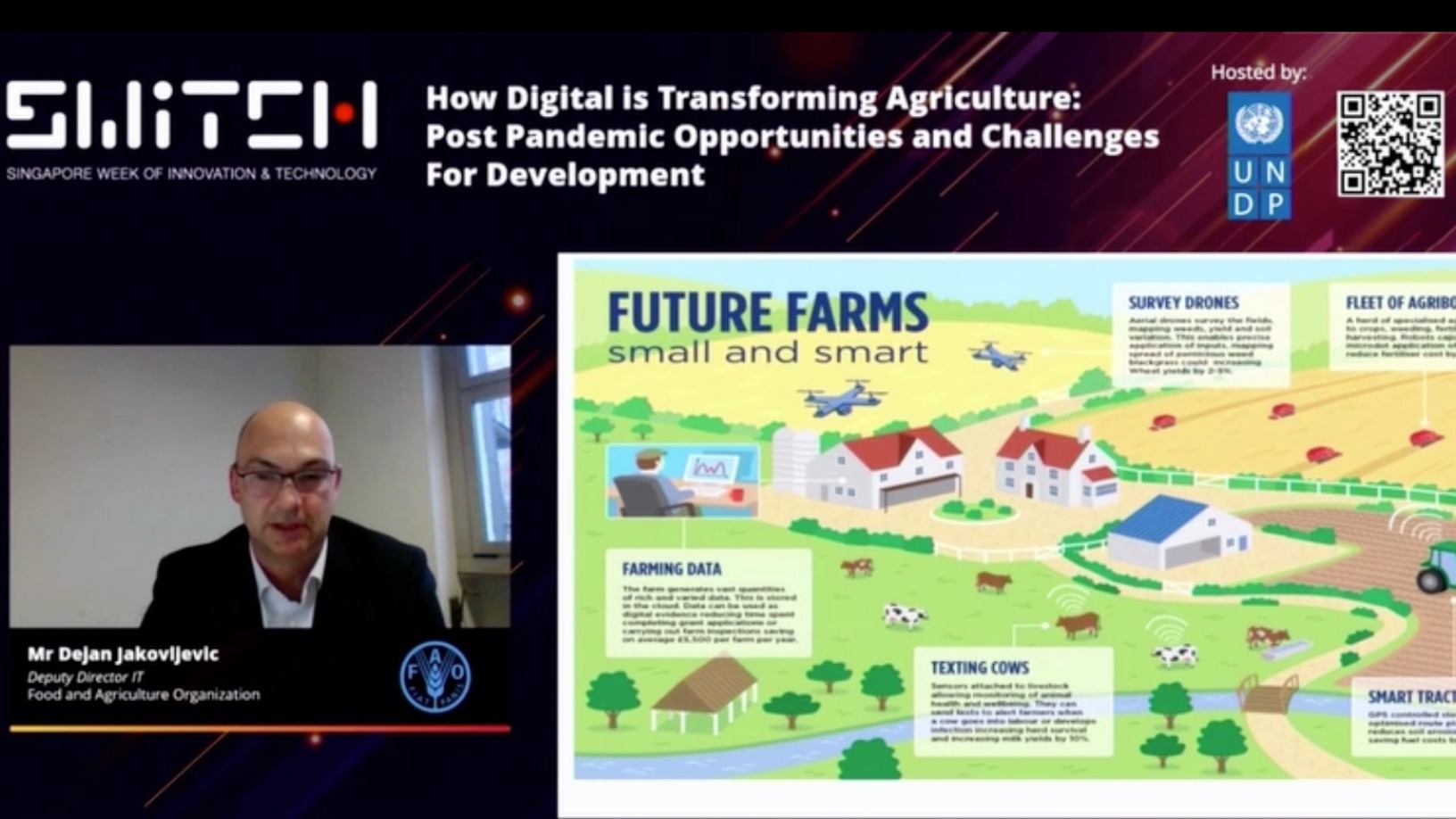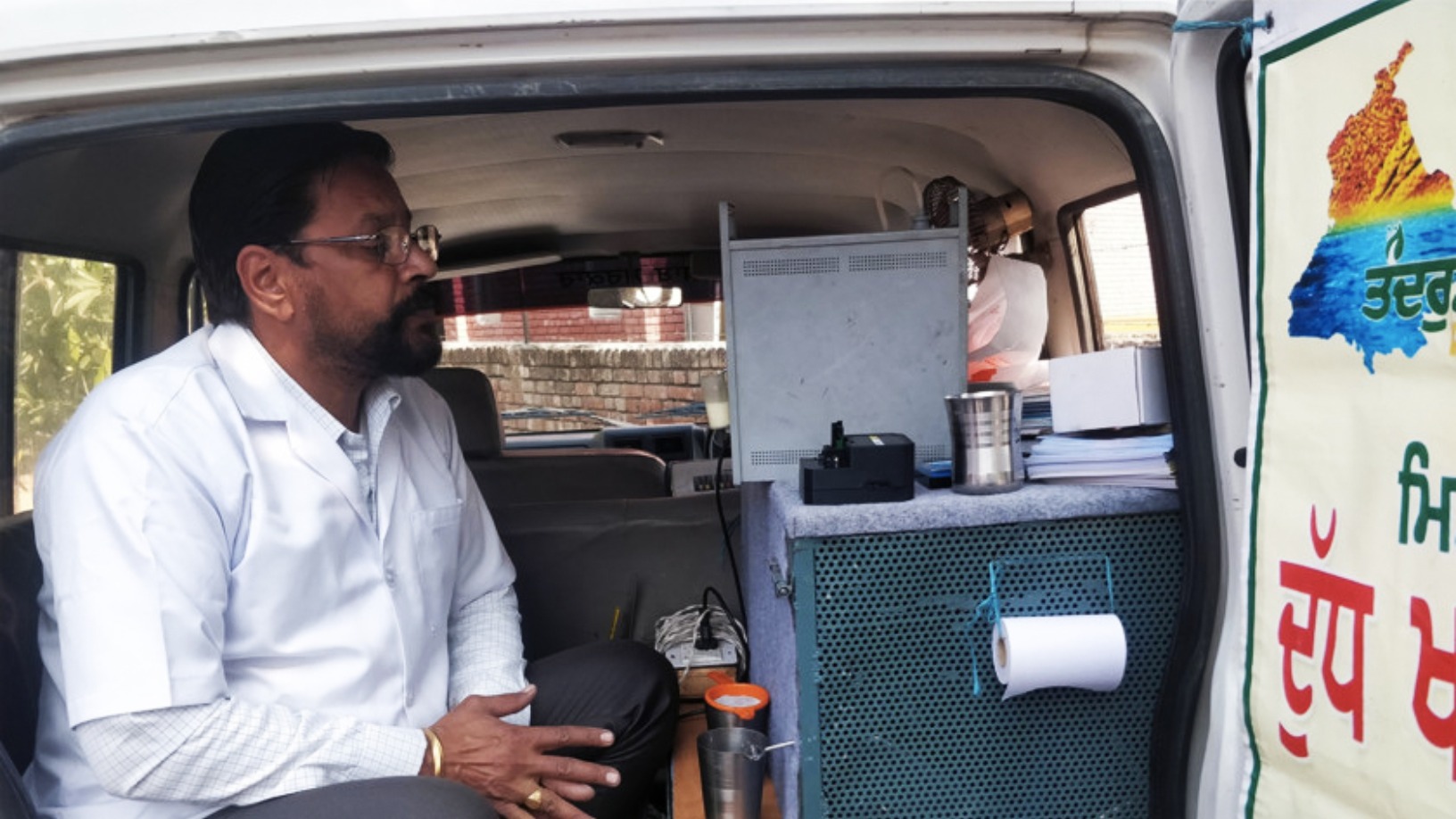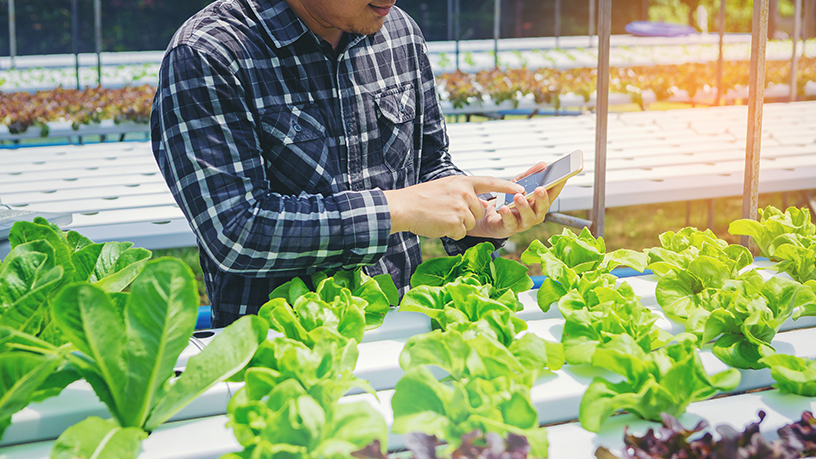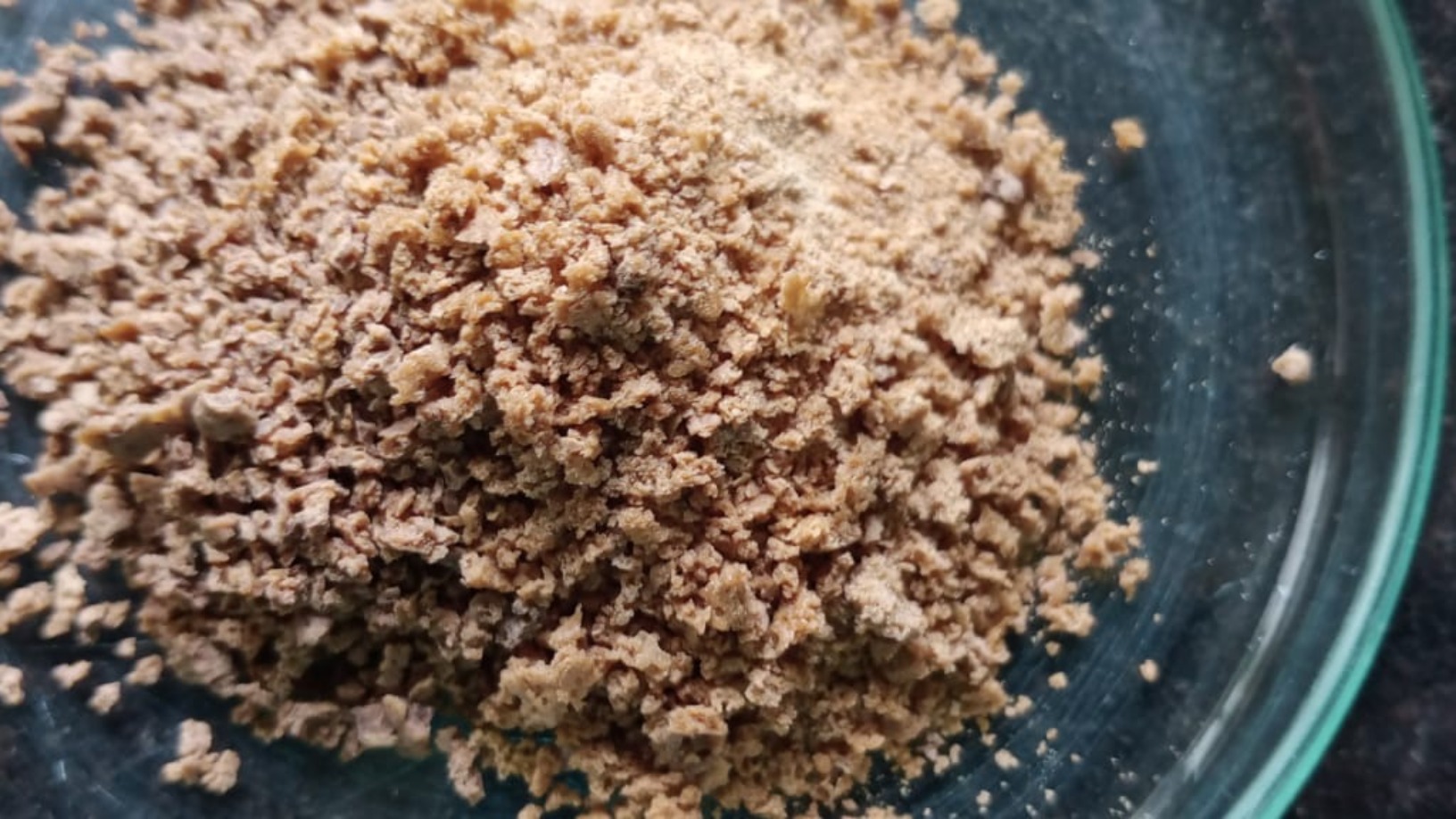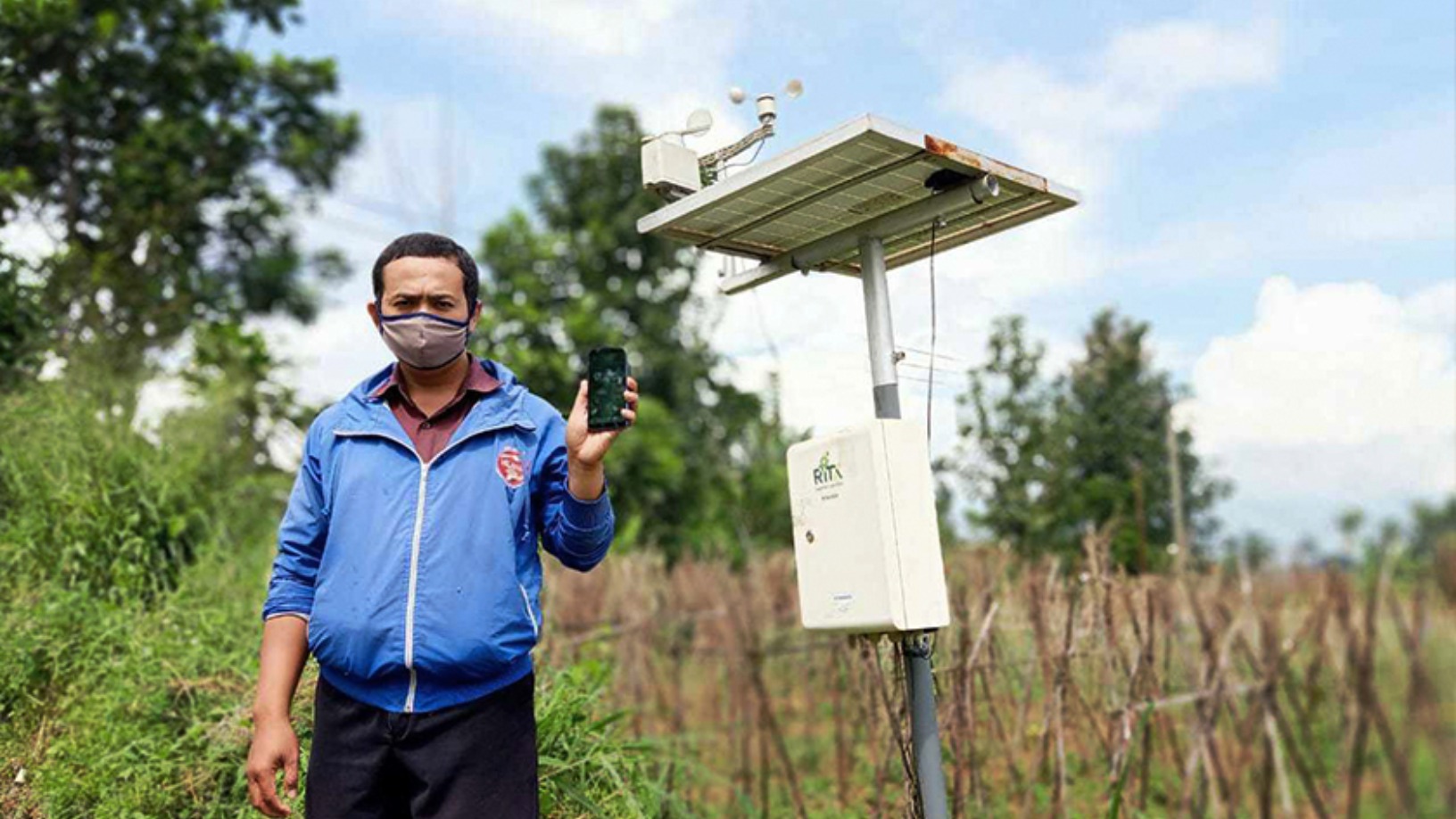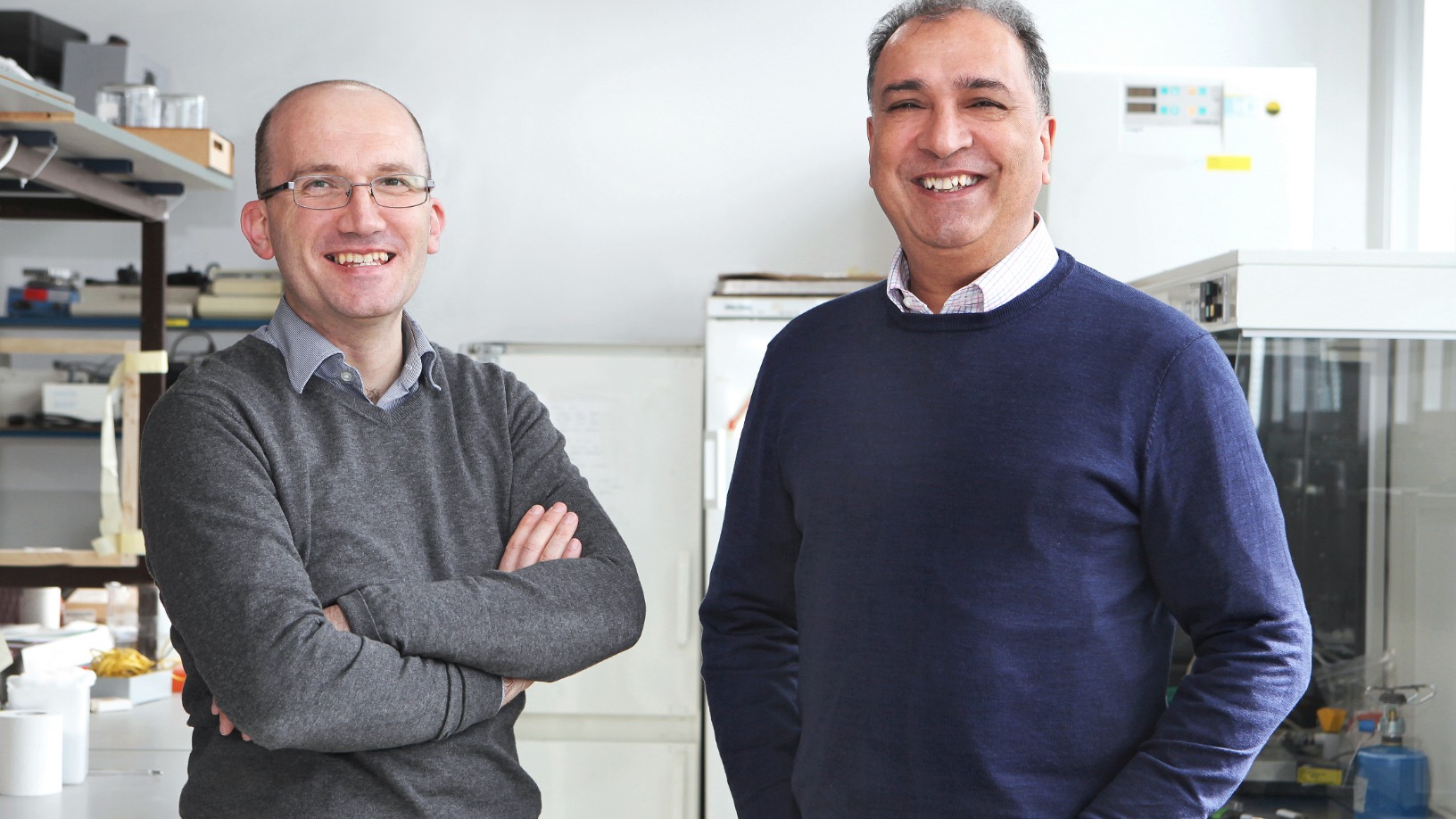Food traceability
DATABASE (190)
ARTICLES (283)
CEO and founder of Mycorena
Ramkumar Nair graduated in biotechnology at the Cochin University of Science and Technology in Kerala before going to Sweden for postgrad studies in 2013.During his PhD in industrial biotechnology at the University of Borås, he embarked on a research project to create fungi-based proteins from discarded sidestreams generated by food producers. After extensive research in 2017, he founded Mycorena in Gothenburg to produce mycoproteins using fermentation technology.The startup’s first commercial product, Promyc, is now being sold to global food companies as a more sustainable and nutritional alt-protein compared to traditional plant-based proteins.
Ramkumar Nair graduated in biotechnology at the Cochin University of Science and Technology in Kerala before going to Sweden for postgrad studies in 2013.During his PhD in industrial biotechnology at the University of Borås, he embarked on a research project to create fungi-based proteins from discarded sidestreams generated by food producers. After extensive research in 2017, he founded Mycorena in Gothenburg to produce mycoproteins using fermentation technology.The startup’s first commercial product, Promyc, is now being sold to global food companies as a more sustainable and nutritional alt-protein compared to traditional plant-based proteins.
Founder and CEO of Daojia Meishi (“Daojia”)
Undergrad Tsinghua University (Electronics); EMBA, University of Michigan Ann Arbor. Was senior vice-president of online media company Hurray, and founder of failed yellow pages startup. Later joined Lihua Fast Food, where he became CEO.
Undergrad Tsinghua University (Electronics); EMBA, University of Michigan Ann Arbor. Was senior vice-president of online media company Hurray, and founder of failed yellow pages startup. Later joined Lihua Fast Food, where he became CEO.
Co-founder of Qingnian Caijun (Mr Food)
A graduate of Renmin University, School of Sociology and Population Studies, Huang Chiwei, with his friends, quit his well-paying “real job” to start Mr Food. A first-generation “migrant” in Beijing from the province.
A graduate of Renmin University, School of Sociology and Population Studies, Huang Chiwei, with his friends, quit his well-paying “real job” to start Mr Food. A first-generation “migrant” in Beijing from the province.
Co-founder of Qingnian Caijun (Mr Food)
A graduate of Renmin University, School of Sociology and Population Studies, Ren Mu, with his friends, quit his well-paying “real job” to start Mr Food. A first-generation “migrant” in Beijing from the province.
A graduate of Renmin University, School of Sociology and Population Studies, Ren Mu, with his friends, quit his well-paying “real job” to start Mr Food. A first-generation “migrant” in Beijing from the province.
Co-founder of Qingnian Caijun (Mr Food)
A graduate of Renmin University, School of Sociology and Population Studies, Chen Wen, with his friends, quit his well-paying “real job” to start Mr Food. A first-generation “migrant” in Beijing from the province.
A graduate of Renmin University, School of Sociology and Population Studies, Chen Wen, with his friends, quit his well-paying “real job” to start Mr Food. A first-generation “migrant” in Beijing from the province.
Founded in 1813 as a small grain-trading firm in Arlon, France (now Belgium), Continental Grain Company (CGC) is now headquartered in New York. It has operations in 10 countries and employs over 13,500 people worldwide. Business activities include animal feeds, aquaculture and meat production.Besides interests in the food, agribusiness and commodities sectors, CGC also manages different asset classes like private equity, listed securities and venture capital. Its investment portfolio includes more than 30 food and agribusiness companies, ranging from early-stage ventures to established market leaders across the US, China and Latin America.CGC Asia mainly invests in feed milling, animal husbandry, meat production and processing businesses in the region. Direct investments are made through Continental Capital Limited in China, focusing on high‐growth food and agribusiness firms.
Founded in 1813 as a small grain-trading firm in Arlon, France (now Belgium), Continental Grain Company (CGC) is now headquartered in New York. It has operations in 10 countries and employs over 13,500 people worldwide. Business activities include animal feeds, aquaculture and meat production.Besides interests in the food, agribusiness and commodities sectors, CGC also manages different asset classes like private equity, listed securities and venture capital. Its investment portfolio includes more than 30 food and agribusiness companies, ranging from early-stage ventures to established market leaders across the US, China and Latin America.CGC Asia mainly invests in feed milling, animal husbandry, meat production and processing businesses in the region. Direct investments are made through Continental Capital Limited in China, focusing on high‐growth food and agribusiness firms.
Zero-waste app OLIO is rapidly scaling, letting retailers and households donate or swap surplus food and other goods in local communities in 50+ countries.
Zero-waste app OLIO is rapidly scaling, letting retailers and households donate or swap surplus food and other goods in local communities in 50+ countries.
Co-founder of EatTasty
E-commerce specialist Orlando Lopes held various positions at women’s accessories brand Parfois, before joining marketing and advertising agency BySide as an account manager. At BySide, he met Rui Costa, and the two eventually co-founded food delivery startup EatTasty.
E-commerce specialist Orlando Lopes held various positions at women’s accessories brand Parfois, before joining marketing and advertising agency BySide as an account manager. At BySide, he met Rui Costa, and the two eventually co-founded food delivery startup EatTasty.
Picart Petcare is the family business of Albert Icart Martori, co-founder of Kibus Petcare. It has been in operation since 1953 and is based in Barcelona. Not usually an investor in tech or startups, it has invested solely in healthy pet food preparation hardware startup Kibus with a pre-seed investment of €120,000 in 1Q 2019. Picart distributes pet food and animal feed in more than 25 European and Middle Eastern markets and is set to be a key distributor of Kibus' hardware.
Picart Petcare is the family business of Albert Icart Martori, co-founder of Kibus Petcare. It has been in operation since 1953 and is based in Barcelona. Not usually an investor in tech or startups, it has invested solely in healthy pet food preparation hardware startup Kibus with a pre-seed investment of €120,000 in 1Q 2019. Picart distributes pet food and animal feed in more than 25 European and Middle Eastern markets and is set to be a key distributor of Kibus' hardware.
The first in Asia and third in the world to create alternative protein from methane, offering a cost-effective, circular economy solution, producing high-protein animal feed.
The first in Asia and third in the world to create alternative protein from methane, offering a cost-effective, circular economy solution, producing high-protein animal feed.
Co-founder of Jimaisong
Former co-founder of Nasdaq-listed eFuture Zou Hongjun helped built the supply chain IT systems of over 50% of China’s top 100 chain-store enterprises. The Chongqing University graduate also has years of experience in fresh food e-commerce.
Former co-founder of Nasdaq-listed eFuture Zou Hongjun helped built the supply chain IT systems of over 50% of China’s top 100 chain-store enterprises. The Chongqing University graduate also has years of experience in fresh food e-commerce.
Mustard Seed MAZE is a Lisbon-based VC firm that invests in early-stage startups, primarily in social impact enterprises. Endowed with €40m, the VC has invested in projects dealing with food wastage, human trafficking, postnatal depression and general healthcare.So far, it has managed one exit, with the majority of its portfolio of 20 companies based in Europe. Recent investment rounds include $3m seed funding for Portuguese mesh network tech HypeLabs, €1.15m seed round for Spanish fintech StudentFinance and $12m Series B round for UK-based food waste app Winnow.
Mustard Seed MAZE is a Lisbon-based VC firm that invests in early-stage startups, primarily in social impact enterprises. Endowed with €40m, the VC has invested in projects dealing with food wastage, human trafficking, postnatal depression and general healthcare.So far, it has managed one exit, with the majority of its portfolio of 20 companies based in Europe. Recent investment rounds include $3m seed funding for Portuguese mesh network tech HypeLabs, €1.15m seed round for Spanish fintech StudentFinance and $12m Series B round for UK-based food waste app Winnow.
Based in the municipality of Falkenburg, the Bertebos Foundation was founded in 1994 by Olof and Brita Stenström to promote education and scientific research in the food industry. The family-run foundation holds 30% shares in the family business Bertegruppen AB. The group’s food brand portfolio includes producer of ice-cream and sorbets SIA Glass and Berte Qvarn that runs a dairy farm, flour mill and bakery.
Based in the municipality of Falkenburg, the Bertebos Foundation was founded in 1994 by Olof and Brita Stenström to promote education and scientific research in the food industry. The family-run foundation holds 30% shares in the family business Bertegruppen AB. The group’s food brand portfolio includes producer of ice-cream and sorbets SIA Glass and Berte Qvarn that runs a dairy farm, flour mill and bakery.
The first IOT device that cooks and automatically dispenses healthy pet food to a required quantity and schedule
The first IOT device that cooks and automatically dispenses healthy pet food to a required quantity and schedule
The first China-based company to mass-produce 3D food printers, Shiyin Tech plans to deploy 100,000 self-service models in the next three years.
The first China-based company to mass-produce 3D food printers, Shiyin Tech plans to deploy 100,000 self-service models in the next three years.
NutraSign: Farm-to-fork traceability app for healthier lifestyles
NutraSign is an app that lets businesses and consumers identify and trace contaminated products within a food supply chain in seconds, using blockchain technology
Farmer Connect: Blockchain powered platform tracing coffee beans from field to cup
Farmer Connect’s platform enables consumers to trace the origin, quality and ethical footprint of a product by just scanning a QR code
Fish trading startup Aruna thrives despite Covid-19 with a pivot to domestic sales
Having brought forward its domestic expansion by one year, Aruna wants to use its recent funding to further boost market expansion, develop the tech for product traceability and an intelligent supply chain
Lota Digital: Disrupting fishing in Portugal for a sustainable future
The “digital fish market” app helps fishermen compete in a market dominated by large players
Its latest project, Cattlechain, is an IoT-blockchain solution for farms to meet the EU's animal welfare standards, fulfilling consumers' demand for sustainable farming and food traceability
From real estate to rearing insects for food: Magalarva's way to a sustainable future
The Indonesian agritech startup is already using insects to replace fishmeal and has new funding to grow further
SWITCH Singapore: Race in agrifood tech as a solution to feeding 10bn people
While the potential gains are huge, giving tech solutions to farmers, especially smallholders in developing countries, remains a work in progress
AgNext seeks less food loss, fairer prices for farmers with food quality analysis tech
Taking computer vision and chemical analysis to the fields for quick crop quality checks, Punjab-based AgNext eyes Asian expansion, and insurtech, fintech opportunities
CloudYoung: Smart agritech for every process, from farm to table
CloudYoung covers the entire production chain, from cutting costs and pesticide use in its smart greenhouses to connecting farmers with buyers in e-commerce
String Bio: Asia's first startup to harness methane gas for protein production
Using bacteria to turn the harmful greenhouse gas into a purer form of protein, String Bio is raising Series B funding to scale production
MSMB: From university research to agritech ecosystem
The Indonesian startup is moving beyond sensors to build technologies for livestock tracking and fish farming
Councilbox: Lawtech that helps cut corporate meeting costs by up to 80%
The startup behind legally validated meeting software is one of the first market movers, targeting some 3m companies in Spain
SwissDeCode: Portable DNA test kits detect food contamination within minutes
DNAFoil, the startup’s rapid and accurate on-site food safety testing kit, can be deployed by non-expert staff after a few hours of training, with no need for lab equipment
New Food Invest: Plant-based cheese, the next investment boom?
With alt-protein startups experiencing a global funding boom, industry experts and investors share their views about emerging trends in diverse food sectors
Portugal looks to its marine heritage to create an oceantech leader
Portugal is tapping oceantech disruption to create new value out of its blue economy, with strong government push
Sorry, we couldn’t find any matches for“Food traceability”.









